On October 6, in Hanoi , the Vietnam Writers Association organized a workshop on "Vietnamese Literature after 1975: Achievements, Issues and Prospects" to summarize and recognize the achievements, limitations and orientations for the future of the country's literature.

Have achievements but not outstanding
In his opening speech at the conference, poet Nguyen Quang Thieu, Chairman of the Vietnam Writers Association, said that after 1975, the reality of the country's life opened up an extremely rich and diverse picture. From the renovation and industrialization process to thorny issues such as corruption and environmental change, all became a rich and vivid source of material for literary creation.

Poet Nguyen Quang Thieu acknowledged that since 1975, the face of Vietnamese literature has fundamentally changed when three sources converged: Northern literature, Southern literature before 1975 and overseas literature. In particular, the Doi Moi period became a major turning point, allowing for the re-evaluation of many authors and works that had been hidden and opening up diversity in trends, aesthetics as well as important influences from translated literature.
Over the past 50 years, Vietnamese literature has achieved important achievements in both creative writing and critical theory. Notably, it has made a mark in affirming national identity, expanding international dialogue, renewing genres and improving professionalism. The vitality of writing is reflected in the diversity of genres and content, national consciousness associated with humanistic aspirations, the acceptance of modern critical theory achievements, and the maturity of the creative team.
After 1975, literature has always been closely associated with life, vividly reflecting the country's changes, from economic innovation, international integration to social issues such as urbanization, industrialization, customs, education, family or environment... Along with that, the development of education, reading culture, publishing system, bookstores, libraries has expanded the accessibility of literature. Many literary genres such as literature of mountainous areas, ethnic minorities, children, and young adults have had the opportunity to spread to a large number of readers.
However, poet Nguyen Quang Thieu believes that writers of this period have not yet escaped from the rut of thinking and safety in creation. That makes the portrait of Vietnamese literature still fragmented, not reaching the expected "contemporary" works.

According to the Chairman of the Vietnam Writers Association, it is time for each writer to reflect on his or her courage to go to the end of creativity; only by overcoming the beaten path can Vietnamese literature produce truly groundbreaking, moving works that contribute to the ideological and aesthetic progress of society.
Entering the age of technology, poet Nguyen Quang Thieu frankly raised the issue of artificial intelligence (AI) in writing. According to him, AI can only win when writers lose their courage, creativity and personal emotions. The weapons against this danger are the intelligence, opinions and personal differences of each writer.
Poet Nguyen Quang Thieu hopes that the conference will be a place for writers to directly face challenges and courageously break their own limits, thereby contributing to clearly shaping the portrait of Vietnamese literature in world literature.
In his opening speech at the conference, writer Nguyen Binh Phuong, Vice President of the Vietnam Writers Association, emphasized that literature has the value of creating and nurturing people's spiritual life. Literature was born to help people live optimistically, compassionately, more beautifully and more "humanly" to each other. To practice this, literature must originate from the reality of life, must "absorb nutrients from there, grow roots from there and spread shade there".
According to writer Nguyen Binh Phuong, 50 years in the flow of human history is not long, but for literature, this is a significant period of time. In the past 50 years, the country has undergone many changes and developments, many literary works originated from here.

This conference is an opportunity for researchers and writers to have a frank, scientific and objective dialogue about Vietnamese literature after 1975 and from there develop and integrate Vietnamese literature, on par with the world.
Expectations to create a humanistic and integrated literature
At the workshop, from the perspective of historical research, theory - criticism, composition, etc., delegates evaluated and recognized the development journey of Vietnamese literature over the past 50 years.
Poet Tran Anh Thai commented that Vietnamese literature after 1975 has taken a big step on the path of modernization to gradually integrate into world literature. Perhaps never in history have writers been as free to express all their thoughts as in the recent renovation period. This renovation took place vibrantly, deeply, strongly, and fiercely with countless rich and diverse ways of expression to exploit the maximum spiritual depth and hidden corners in the depths of the human soul. Literature penetrated every corner of everyday life; singing the song of sadness, great aspirations and the pain of loss, hopelessness before the storms of life with many new levels and feelings...
“All these efforts are aimed at honoring art, bringing literature back to its rightful place, back to everyday life, to the public, towards goodness, beauty, and nobility in the process of perfecting the personality of modern people today and tomorrow…”, poet Tran Anh Thai emphasized.

Professor Phong Le commented: “Looking back over the past 30 years, since 1990, our literary life has still had a steady appearance, and the later it gets, the more new names there are. But it seems that they have not all gathered into a team, on a journey that does not mix with each other, but also does not turn their backs on each other; with the so-called true “creative personality”, determined by one’s own inner strength, without needing to cause “shock”; accepted not only by a few critics or progressive writers but by the majority of readers”.
According to Professor Phong Le, nearly 40 years in the Doi Moi career, exactly 50 years after the country's unification, up to 2025, there has been the companionship of 4 (or 5) generations of writers. The next generation, the generation responsible for receiving the transfer, in the beginning of the 21st century, is different from all previous generations, having to bear almost no pressure from tradition or history, but only the greatest and only pressure, the pressure of the times, in the process of national integration, to avoid being pushed off the "track of the development train". This requires a lot from the new generation of writers - the generation aged 20 to 30.
However, many opinions also frankly pointed out that Vietnamese literature after 1975 is still limited. The quality of works is not uniform, not meeting the needs of life; there is a lack of a strong team of critical theorists; the impact of the market mechanism is dominant; the content of works is not really outstanding in terms of identity and modernity; support policies and orientation roles are still unstable...
The works are still mainly following the flow, lacking drastic searches, lacking great works and authors capable of bringing Vietnamese literature to integrate and be on par with the world.
Faced with this situation, writers, poets, and researchers have proposed many development solutions, such as promoting training and in-depth training; publishing quality theoretical and critical works; perfecting policies to support creative writing and protect copyright; improving promotional activities and public outreach; enhancing the quality of awards and honoring activities; and at the same time, preserving and exploiting traditional cultural values in the process of international integration in a selective manner... All to create a unique, humane, modern, and integrated literature.
Source: https://hanoimoi.vn/van-hoc-viet-nam-sau-nam-1975-phan-anh-sinh-dong-chan-thuc-nhung-buoc-tien-cua-dat-nuoc-718603.html



![[Photo] Prime Minister Pham Minh Chinh chairs a meeting of the Government Standing Committee to remove obstacles for projects.](https://vphoto.vietnam.vn/thumb/1200x675/vietnam/resource/IMAGE/2025/10/06/1759768638313_dsc-9023-jpg.webp)

![[Photo] Prime Minister Pham Minh Chinh chaired a meeting of the Steering Committee on the arrangement of public service units under ministries, branches and localities.](https://vphoto.vietnam.vn/thumb/1200x675/vietnam/resource/IMAGE/2025/10/06/1759767137532_dsc-8743-jpg.webp)


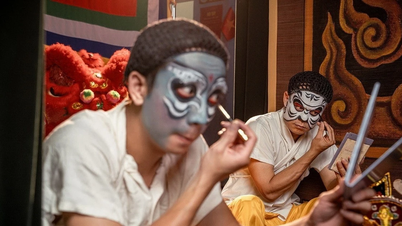

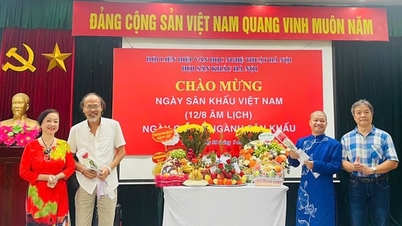



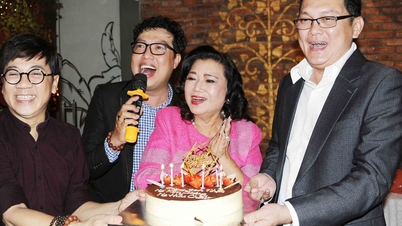





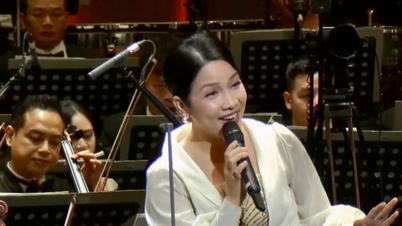



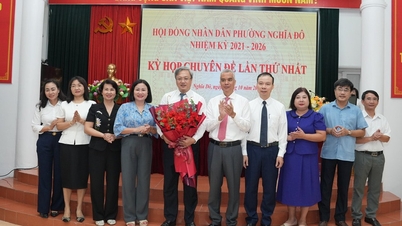
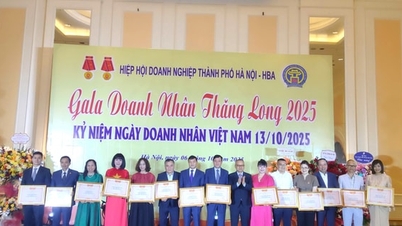







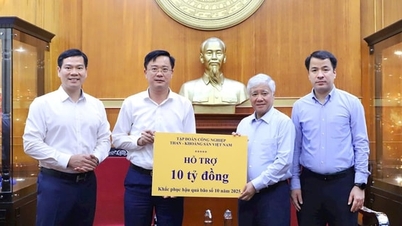
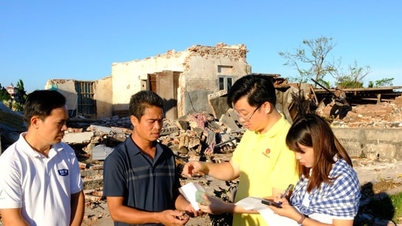


















































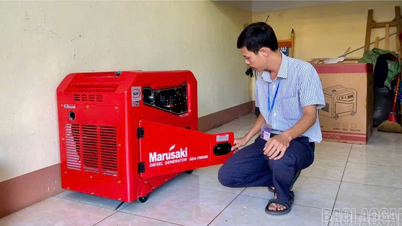












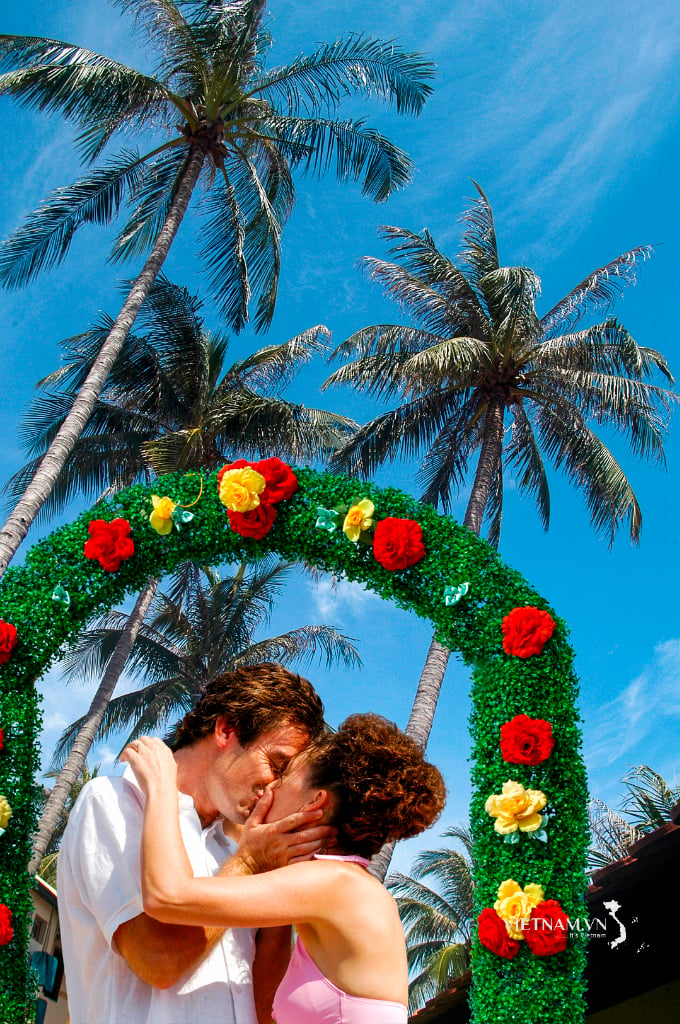


Comment (0)